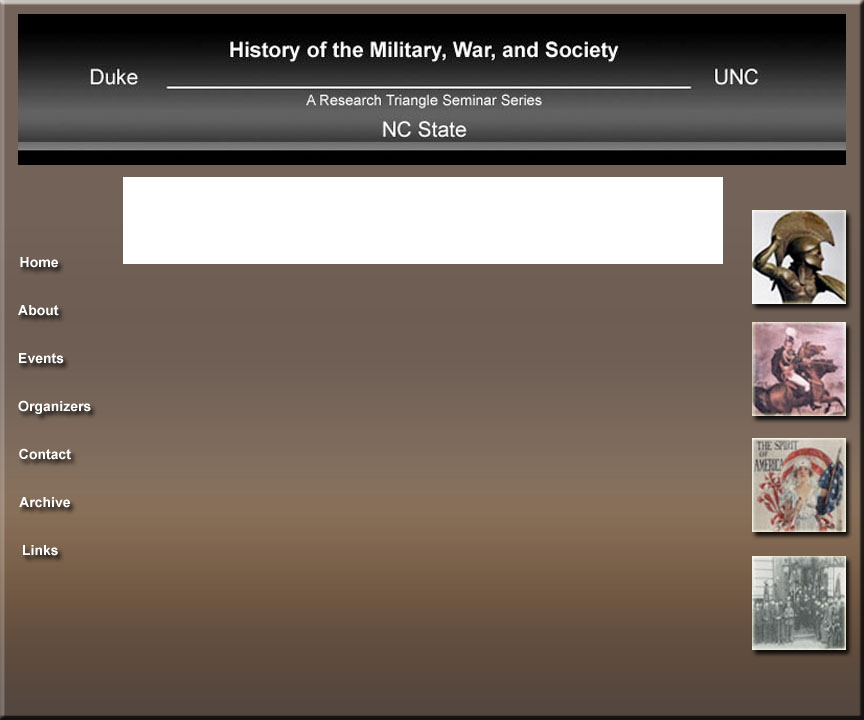
|
February 26, 2010 Steven A. LeBlanc (Peabody Museum, Harvard University) Pervasive, Deadly, and Rational:
Anthropology can make a meaningful contribution to our understanding of warfare. New insights from primatology, archaeology and ethnology are important compliments to those from political science, sociology, or genetics. What can anthropology tell us about the extent to which warfare has a genetic component, was rational in the past, or is culturally taught? Using archaeological data, it is possible to discover and characterize the extent and nature of group level conflict in the past. These findings tend to contradict traditional views on warfare and lead to several different models of both biological and cultural evolution, and enable us to address the question of how common, deadly, and consequential was prehistoric warfare? Did warfare play a role in the evolution of social complexity? Was the level of warfare impacted by climate change? Of particular relevance is forager warfare, any selection for a biological component to warfare behavior would have occurred almost entirely among this group. Steven A. LeBlanc is an archaeologist and Director of Collections at Harvardís Peabody Museum of Archeology and Ethnology. He attended Pomona College, University of California Santa Barbara and Washington University in St. Louis, and did post doctoral work in human genetics at the University of Michigan. He has done field work in the Middle East and the American Southwest with a focus on the Mimbres culture. This work has been published in numerous books and articles, among them Prehistoric Warfare in the American Southwest (University of Utah Press, 1999) and Constant Battles: The Myth of the Peaceful, Noble Savage (St. Martinís Press, 2003). He sees prehistoric warfare as driven by competition for scarce resources, often triggered by climate change, and resulting in high death rates, thus characterizing it as pervasive, deadly, and rational. Co-sponsored by the Triangle Institute for Security Studies |